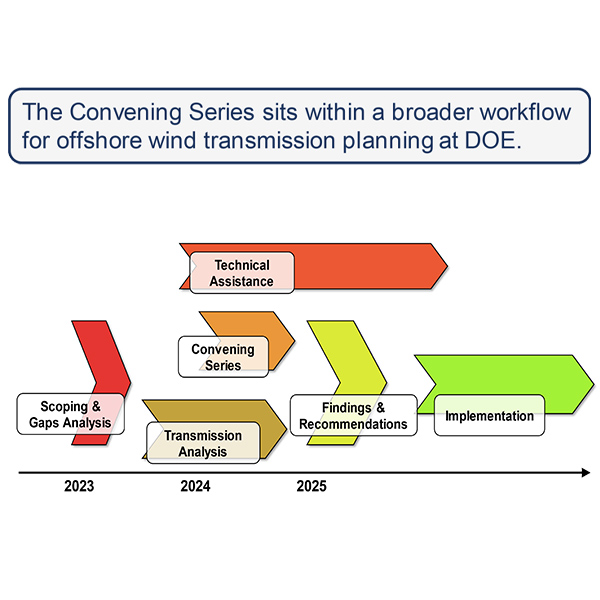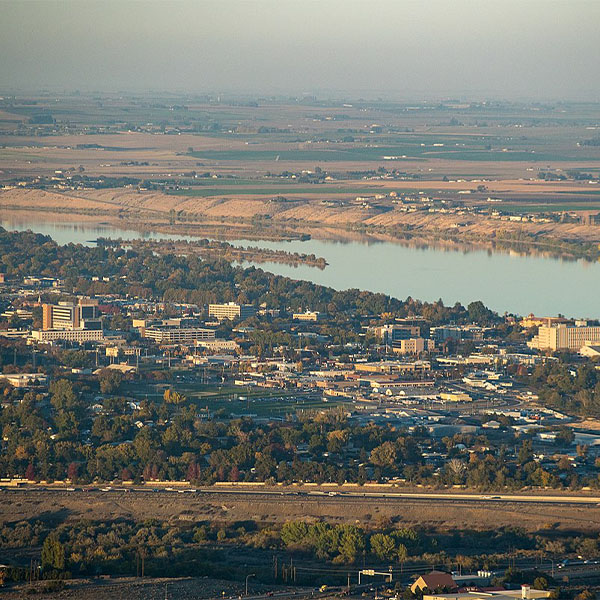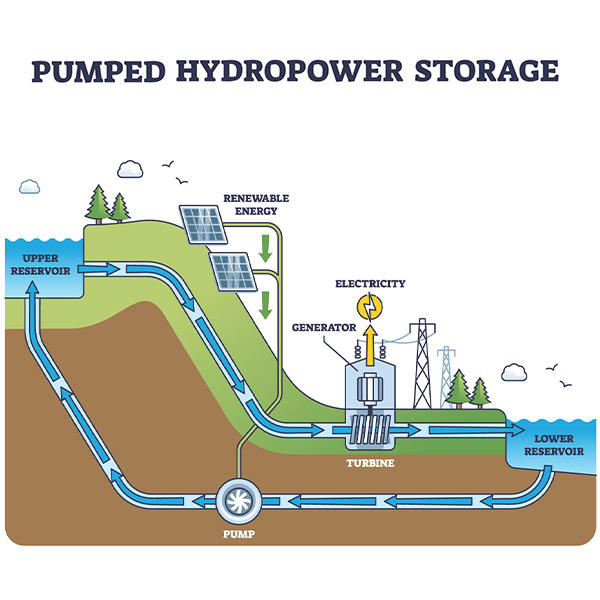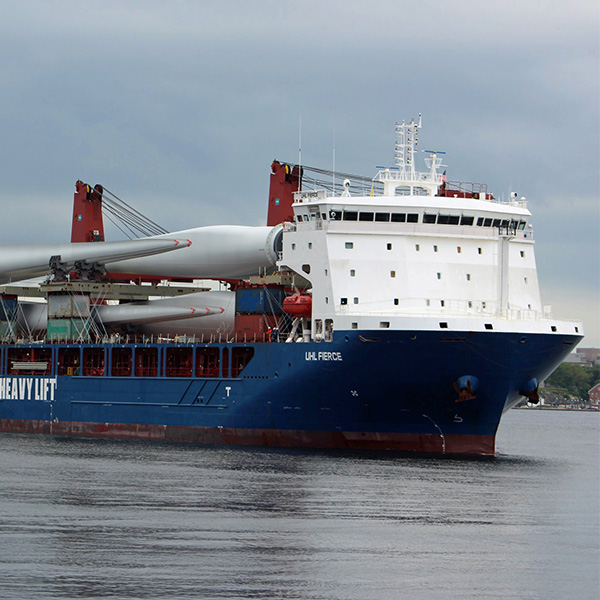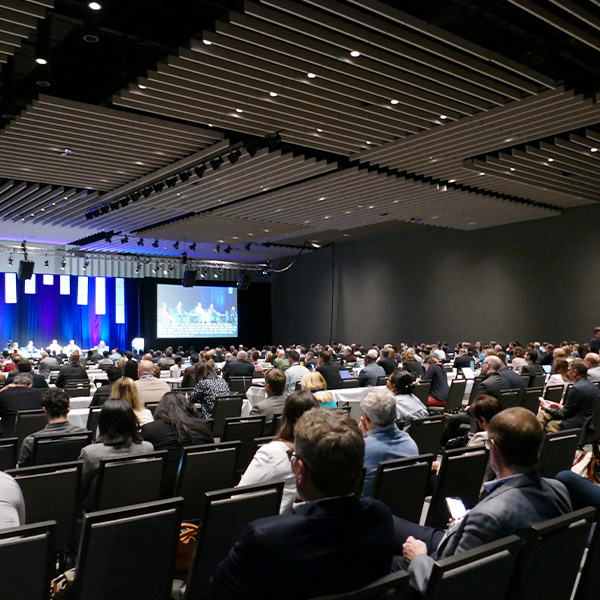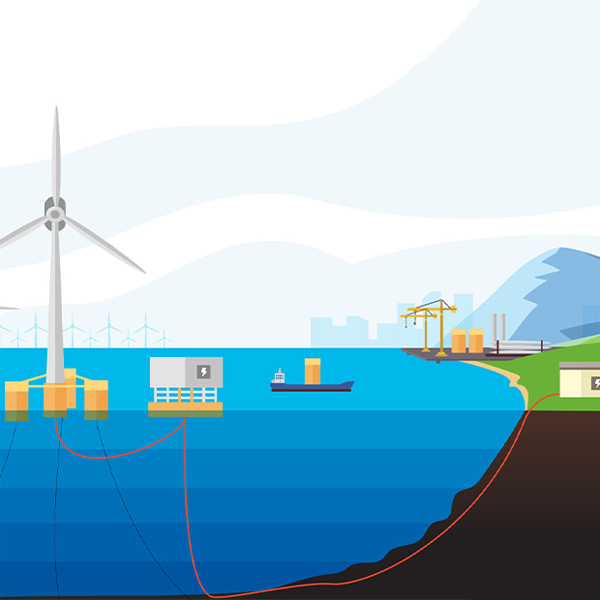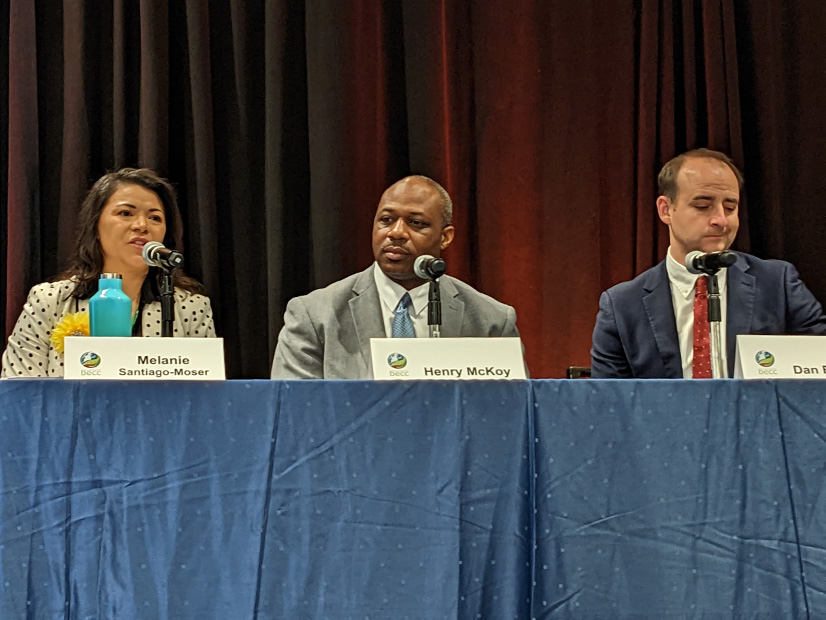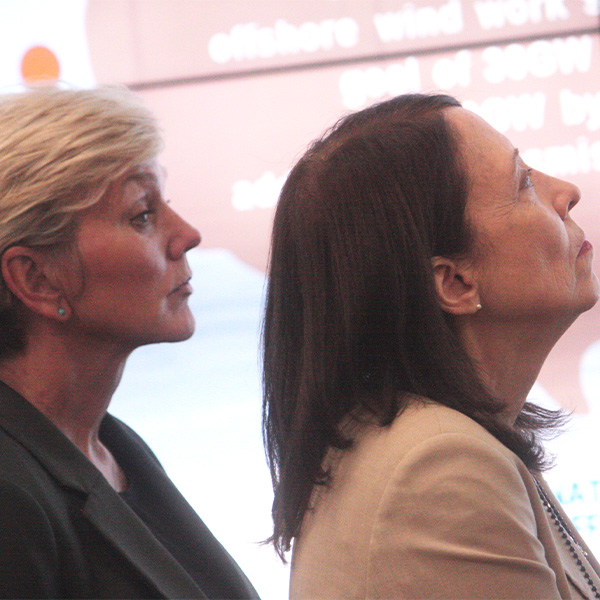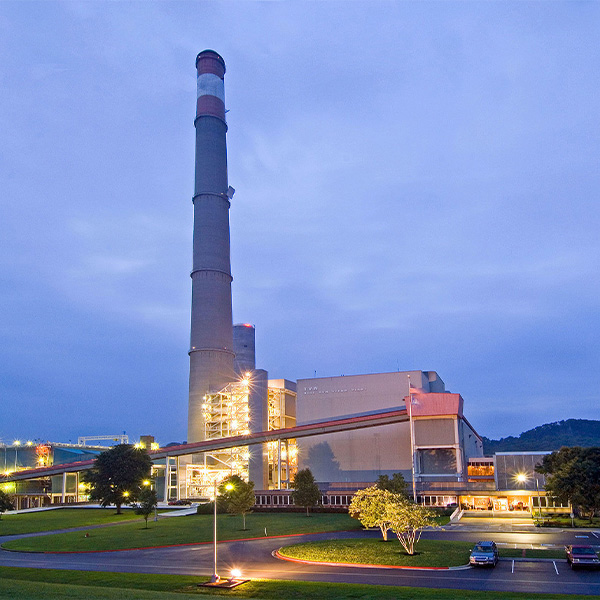Pacific Northwest National Laboratory (PNNL)
The DOE and BOEM launched a series of stakeholder workshops to address the specific challenges to siting transmission for the first generation of West Coast offshore wind projects.
A regional economic development organization plans to set up a nonprofit subsidiary to develop clean energy businesses in an area with deep ties to nuclear power.
A new analysis of five forms of grid-scale energy storage finds that closed-loop pumped storage hydropower has the smallest climate impact.
The Department of Energy issued three reports on wind-generated electricity, projecting strong but not uniform growth for the nation’s onshore, offshore and distributed wind power sectors.
West Coast states need to work together to achieve their floating offshore wind goals, speakers at this year's Pacific Offshore Wind Summit in Sacramento said.
Energy Secretary Jennifer Granholm opened the Department of Energy’s Floating Offshore Wind Shot Summit with announcements of DOE’s latest initiatives.
Comfort and safety — not cost or environmental impact — is the top driver for people considering energy efficiency upgrades, according to a new PNNL study.
Leaders from southeastern Washington lobbied DOE Secretary Jennifer Granholm for a piece of the Biden administration’s clean energy spending.
A report by the Pacific Northwest National Laboratory says that communities facing coal plant closures need to do a better job of preparing for the loss.
A new federal lab designed to speed up research into grid storage technologies should be up and running by the fall of 2023, barring supply chain issues.
Want more? Advanced Search
